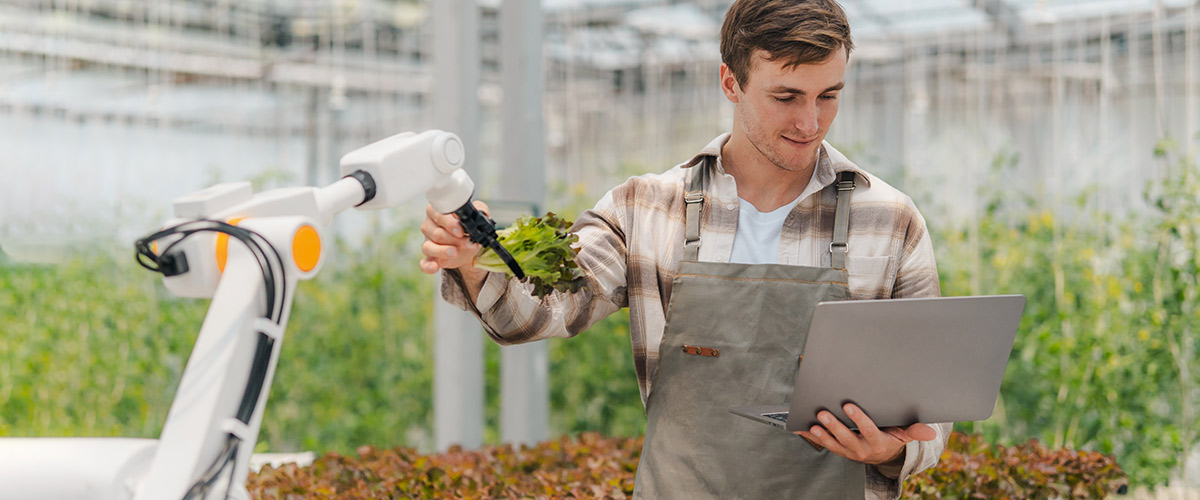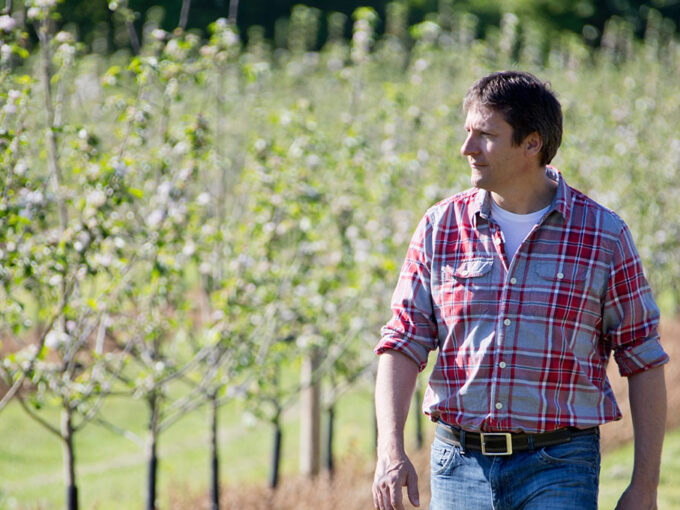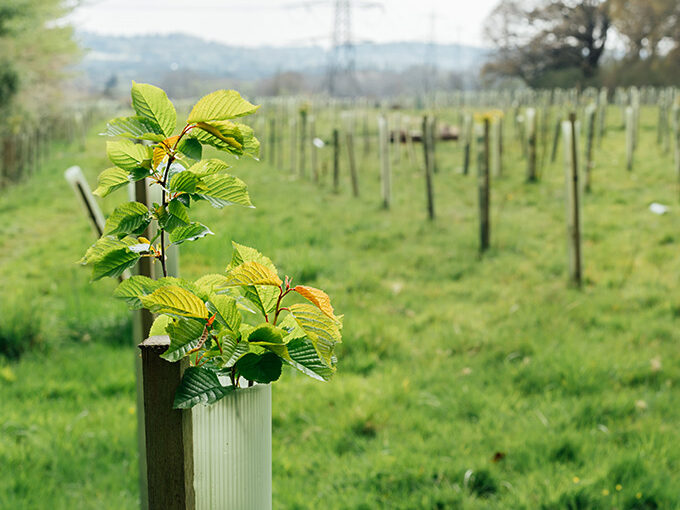In April 2025, the UK government announced that the Department of Environment, Food and Rural Affairs (Defra) would be providing grants of £45.6 million for innovation in farming, in particular projects seeking to boost food production and security, reduce the environmental impact of farming, and strengthen crop resilience.
Such projects may also be eligible for R&D tax relief, which seeks to limit a company’s exposure to financial risk by rewarding attempts to innovate in fields of science and technology.
What are the key tax benefits?
Companies with qualifying technical projects and expenditure could claim up to 16.2% of the expenditure as a reduction or repayment against taxable profits, or as a cash credit where the business is loss making. Companies investing more than 30% of their expenditure in qualifying R&D expenditure could obtain relief up to 27% providing certain other conditions are met.
A company with £100,000 of qualifying expenditure could obtain a benefit of between £15,000 and £26,000.
Qualifying spend may include staff costs, consumables, software, utilities, subcontractors and externally provided workers although detailed rules apply.
What projects may qualify for R&D tax relief?
For a project to be eligible for R&D tax relief it must be seeking to achieve an advance in overall knowledge or capability in a field of science or technology. In seeking to achieve the advance, the company must also attempt to resolve scientific or technological uncertainty.
Examples of projects in the agricultural sector that may potentially qualify include:
- Developing new techniques for better perfecting a certain crop to meet customer expectations or improved approaches for optimising shelf life without compromising on flavour and appearance.
- Developing plant varieties that produce fruit from earlier to later in the season.
- Developing new processes that avoid the use of pesticides while maintaining disease control and the health of the crop.
- Working with animal scientists/nutritionists to develop new feeds that seek to improve the quality and yield of produce (be it milk, eggs, beef, poultry) and the quality of life of the animal itself.
- Advancing knowledge of regenerative farming to develop better techniques for improving soil health, crop health, and biodiversity.
- Advancing scientific knowledge of re-wilding techniques and approaches.
- Work undertaken to better develop scientific approaches to minimising water loss or fertiliser/pesticide leaching.
- Automation with the development of robots for previously manual tasks such as weeding, harvesting, targeted spraying, milking (the latter increasing not only milk yields but also the health of the herd).
The worlds of agriculture and horticulture are alive with animals, plants, and innovation. There are many requirements that must be met, and Saffery can support you in assessing the eligibility of your R&D projects and expenditure to identify opportunities for claiming valuable R&D tax relief.
Patent box
The patent box regime is a generous regime whereby taxable profits generated from patented inventions, including those related to plant varieties and breeding, may be subject to corporation tax at a rate of 10% rather than the main rate of 25%. Plant variety rights provide exclusive rights to grow a specific plant variety and are granted under the Plant Varieties Act 1997 and other legislation.
How we can help
Innovation in the world of agri-tech is a growing field. If you would like more information or would like to discuss the above, please get in touch with either Rachel Chappell or Ollie Bull to see if your work might qualify for relief.
Contact us
Director, Bristol
Key experience











